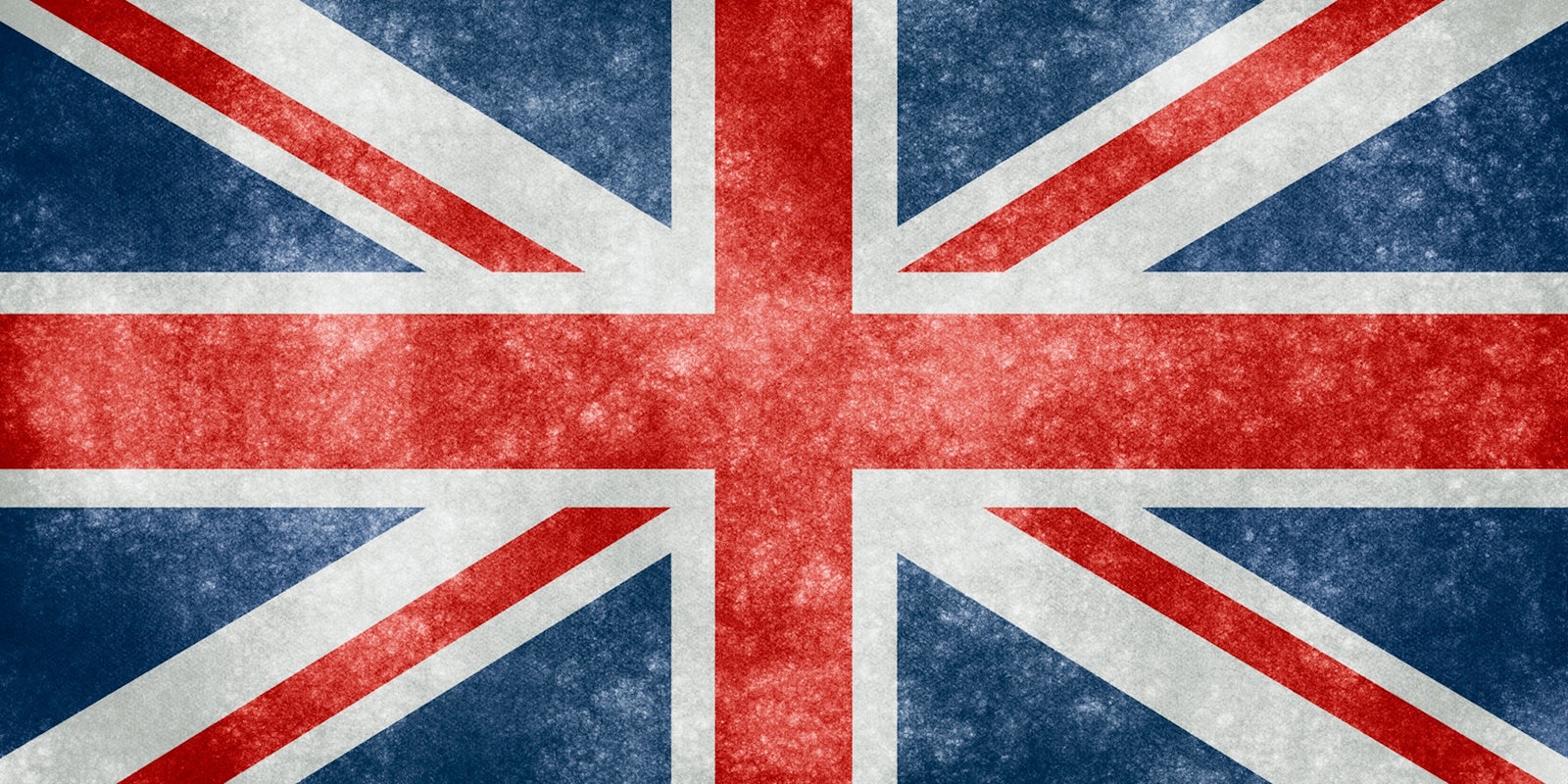The U.K. is not having a good year when it comes to Internet censorship. Just one month after it was revealed that the U.K. Department of Defence had attempted to silence journalists covering the PRISM scandal, Prime Minister David Cameron announced plans for a nationwide “porn blocker,” the government’s greatest foray into online censorship so far.
The proposed Web filters would work in conjunction with Internet Service Providers (ISPs) to set up a default block against “inappropriate” material, which would include hardcore pornography, along with a laundry list of other topics including alcohol and drug abuse, “violent material,” and suicide-related content. British anti-censorship organization Open Rights Group immediately began campaigning against this, starting with a widely-shared post titled “Sleepwalking into Censorship,” which detailed non-porn-related topics that would be censored by the so-called porn blocker.
Today, British anti-censorship campaigners are taking to Twitter as part of a day of action against online censorship. Partly spurred on by a conference from the U.K’s TV-on-demand regulator, concerning child protection and (legal) Internet porn, the hashtag #CensoredUK has blown up with comments from Twitter users pointing out possible flaws in government plans to roll out widespread Web filters.
If we had more honest conversations with young people about sex & didn’t have a Victorianesque prudishness towards it might help #CensoredUK
— Marie Crispmas (@alexeptable) December 12, 2013
“Adult content” filters always block vital resources for LGBT people, especially children. But the gov’t doesn’t care one jot. #CensoredUK
— Olly (@OneiricCanid) December 12, 2013
You can’t control the internet, you can only waste a lot of taxpayer money trying. #CensoredUK
— Friends of Bibi (@friendsofbibi) December 12, 2013
I want my child to grow up savvy and sensible – not wrapped in cotton-wool and unable to find her way around the net. #CensoredUK
— Paul Bernal (@PaulbernalUK) December 12, 2013
Major British ISPs Sky, TalkTalk, Virgin and BT have already agreed to introduce Web filters that block a range of adult-rated content unless the customer specifies otherwise, with several already having been activated. But while some vocal parenting groups herald this as a promising step on the road to protecting children from pornography, anti-censorship activists point out that it’s not just porn that’s being blocked. Not only are some of the blocked topics worryingly vague, but not every Internet user is savvy enough to understand the implications of signing up for such a wide-ranging set of content filters. Also, the idea of an opt-out “porn blocker” is likely to lull some parents into a false sense of security, encouraging them to think that it’s now completely safe for children to browse the Internet without supervision.
Today’s comments on the #CensoredUK hashtag prove that many people are still keeping a very close eye on the current state of Web censorship. But unless this type of protest becomes far more widespread, Britain’s opt-out Web filters will be here to stay.
Photo via Flickr


